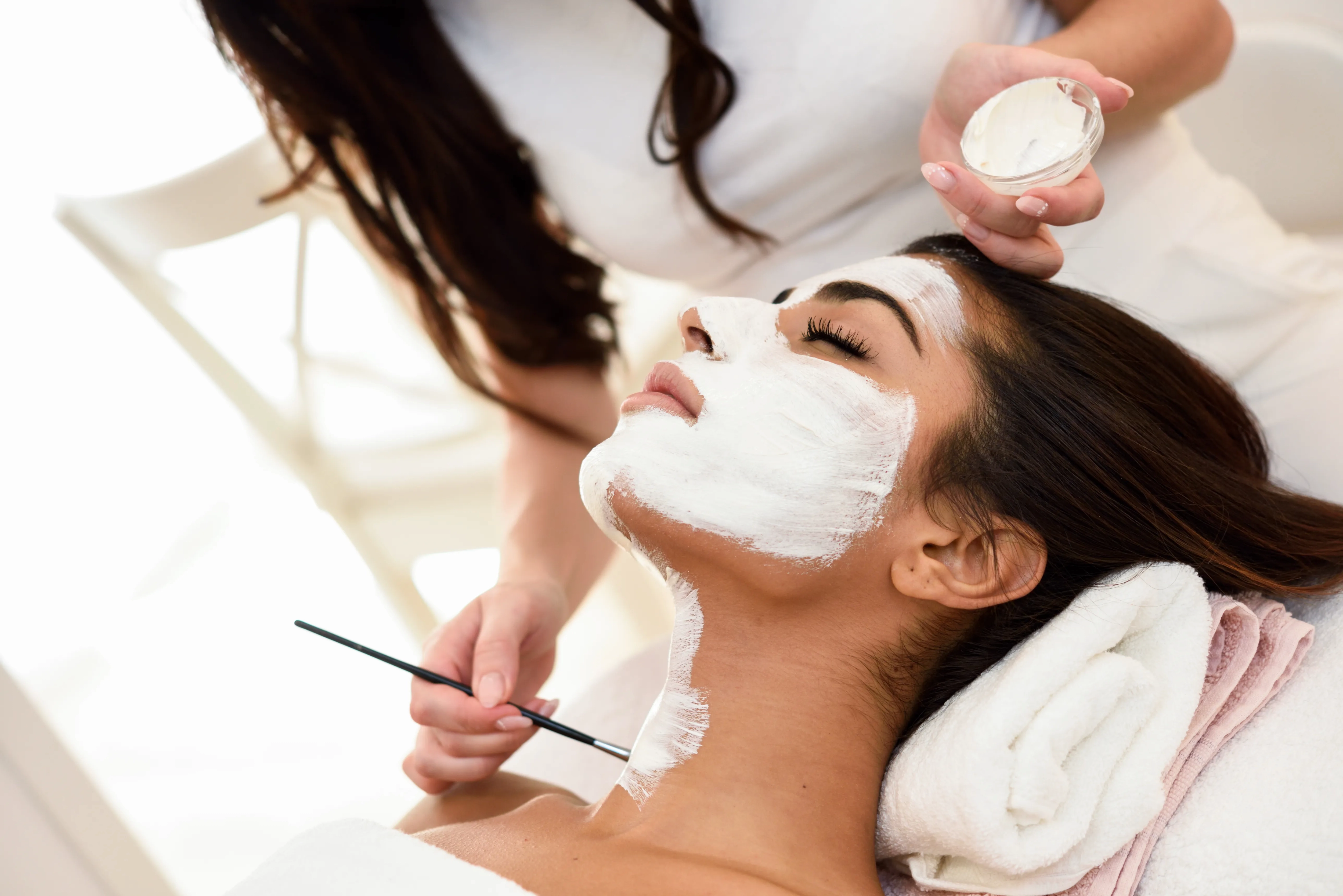Aesthetic beauty refers to the visual and sensory qualities of an object, person, or environment that evoke a sense of pleasure, admiration, and harmony. In the context of plastic surgery and aesthetics, it pertains to enhancing or refining physical features to achieve a balanced and pleasing appearance that aligns with an individual’s personal ideals and cultural standards of attractiveness.
Aesthetic beauty goes beyond mere physical appearance and can encompass various aspects:
- Proportion and Symmetry: Aesthetic beauty often involves achieving balance and harmony in facial and body features. Proportion and symmetry contribute to an aesthetically pleasing appearance.
- Naturalness: While enhancements are made, the goal of many aesthetic procedures is to maintain a natural appearance that doesn’t look artificially altered.
- Individuality: Aesthetic beauty respects and enhances the individual’s unique features, helping them achieve their desired look without erasing their personal identity.
- Emotional Impact: Aesthetic beauty can boost self-confidence and self-esteem, positively impacting an individual’s emotional well-being and social interactions.
- Cultural and Personal Preferences: Aesthetic ideals can vary across cultures and individuals. What is considered beautiful can be influenced by cultural standards and personal preferences.
- Health and Vitality: Aesthetic beauty can also reflect signs of health and vitality, as certain features may indicate good overall well-being.
Plastic surgery clinics play a role in helping individuals achieve their desired aesthetic goals while prioritizing safety, ethics, and realistic expectations. Through various surgical and non-surgical procedures, these clinics aim to enhance appearance, boost confidence, and help individuals feel more comfortable and satisfied in their own skin.

